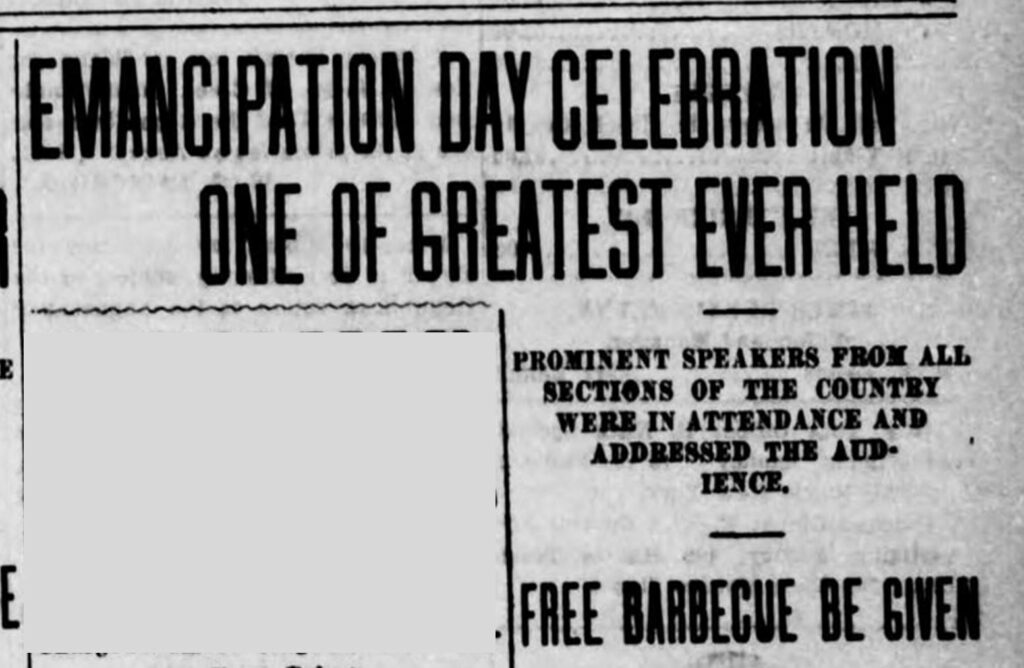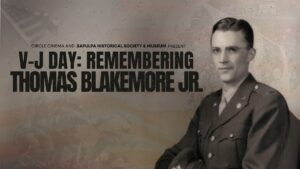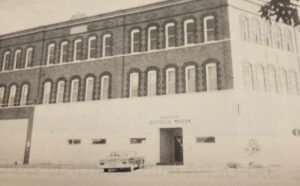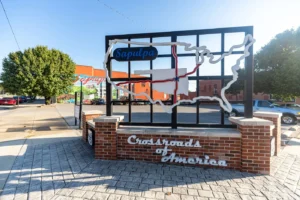Rachel Whitney, Curator
Sapulpa Historical Museum
Juneteenth is the newest federal holiday that commemorates the emancipation of enslaved African Americans in the United States. On June 19, 1865, the Union Army announced General Order No.3 proclaiming freedom for enslaved people in Texas, the last state of the Confederacy with institutional slavery. While President Abraham Lincoln issued the Emancipation Proclamation on Jan. 1, 1863, true emancipation came at different times across the United States.
Sapulpa, like most of Oklahoma area, was considered a territory. The territory would have been described as a safe-haven for the freed enslaved people. Historically, Oklahoma held home to “more historically all-black towns than any other U.S. state.”
According to The University of Tulsa, “The settlement of Oklahoma’s all-black towns is inextricably tied to the Trail of Tears, the forced removal of Native American tribes from the southeastern part of the country to Indian Territory. Many African-Americans who were held as slaves by the tribes made the journey to Indian Territory, as well.
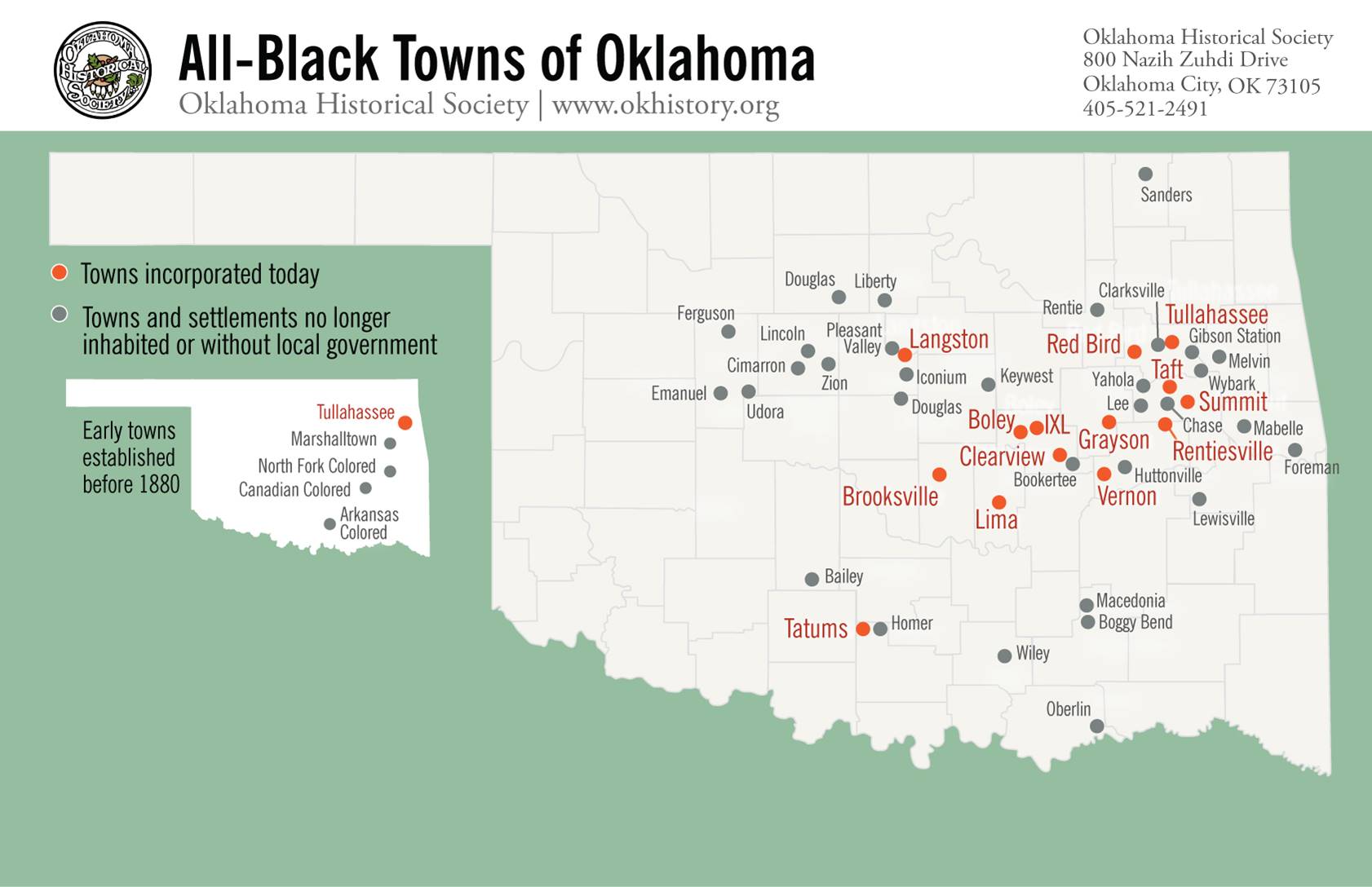
“All-Black towns grew in Indian Territory after the Civil War when the former slaves of the Five Civilized Tribes settled together for mutual protection and economic security. These former slaves, or “Freedmen,” founded farming communities that supported a variety of businesses. Between 1865 and 1920, African-Americans created more than 50 all-black towns and settlements throughout Indian Territory.”
Sapulpa was incorporated as a city in 1898. The Eastern half of what would become Oklahoma was called Indian Territory; whereas the more Western half was considered Oklahoma Territory. In 1907, congress agreed on a one-state joining the Union. Thus Oklahoma became a state in late 1907.
The earliest recorded Juneteenth, or Emancipation Day, held in Sapulpa happened in 1908. The newspaper did not specify if this was the first celebration held in Sapulpa for Emancipation Day, however, it is the earliest record the museum has.
The 1908 celebration met with little resistance to the public. However, there was a dispute over funding and management. Juneteenth 1908 would host a picnic for the community. Donations came in and the treasurer of the event had been in charge of management of funds. However, the treasurer had been accused of stealing or mishandling from the funds. A physical fight broke out between the treasurer and the other gentleman.
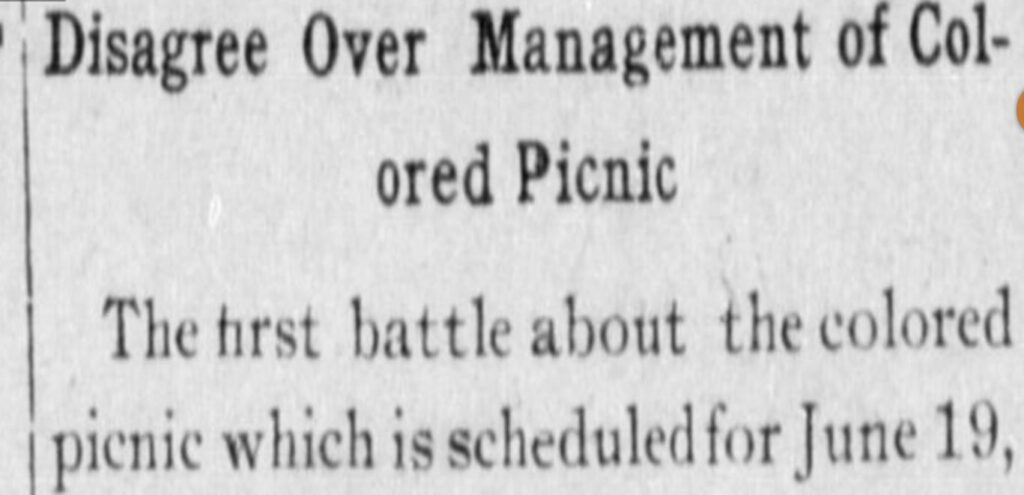
The treasurer happened to be from the white community and the accuser was not. The treasurer exclaimed that the man was jealous that he did not “get to hold the money which the white folks have donated.” It is unknown if the report was true or false, however, both men were fined for the fight of $10 (roughly $300 today) each.
Despite the hiccup, the celebration and picnic continued.
The Emancipation Celebration continued to grow over the next few years in the community. In 1909, several hundred people turned out for the big day. “The colored people of the city and vicinity had a great time here, the occasion being the celebration of Emancipation Day. The celebration was observed on the north side in Business Men’s Addition.”
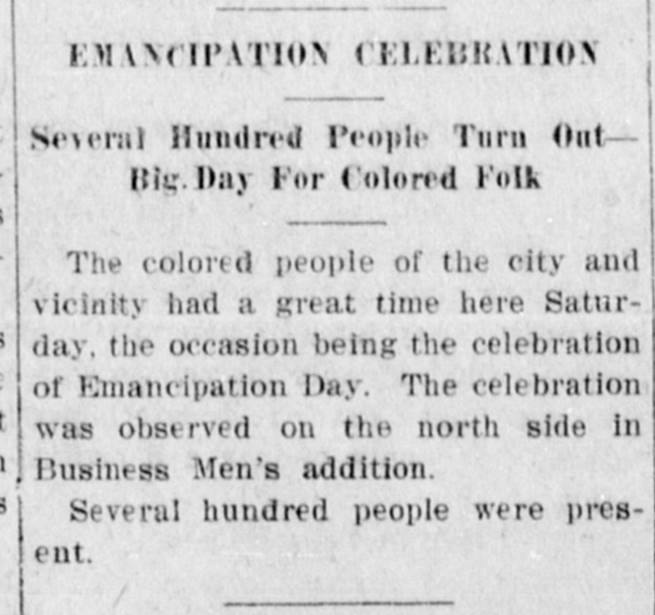
In 1910, there was not record of a celebration. However, the next two years would draw in a large crowd.
In 1911, two days of celebration would bring many families, friends, and neighbors in. “The advent of quite a number of people from the adjoining towns. These joined here for a picnic, four miles south of town.”
In 1912, in large print on the front page, it exclaimed “Emancipation Day Celebration one of the greatest ever held.” It was a celebration filled with people, speeches, and food. “One of the greatest emancipation day celebrations ever held in this section of the country is in progress at the steel mill at the foot of Main St.”
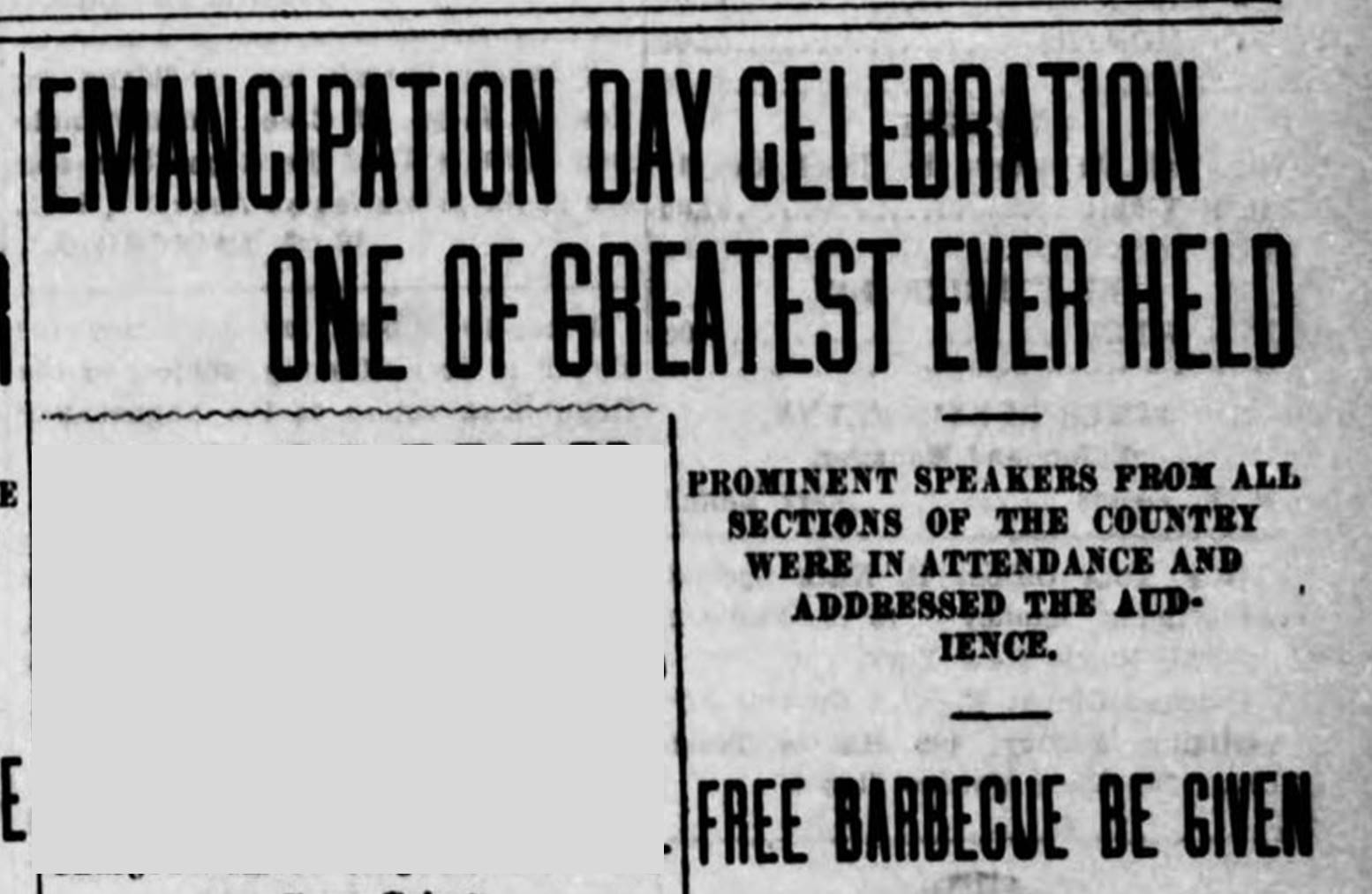
People of Color from all over the state would be in attendance and “appreciating the hospitality of the colored population of Sapulpa.” The large barbecue was free and people enjoyed the feast. “A half a beef was secured and a whole hog for the occasion.” It only lasted two hours.
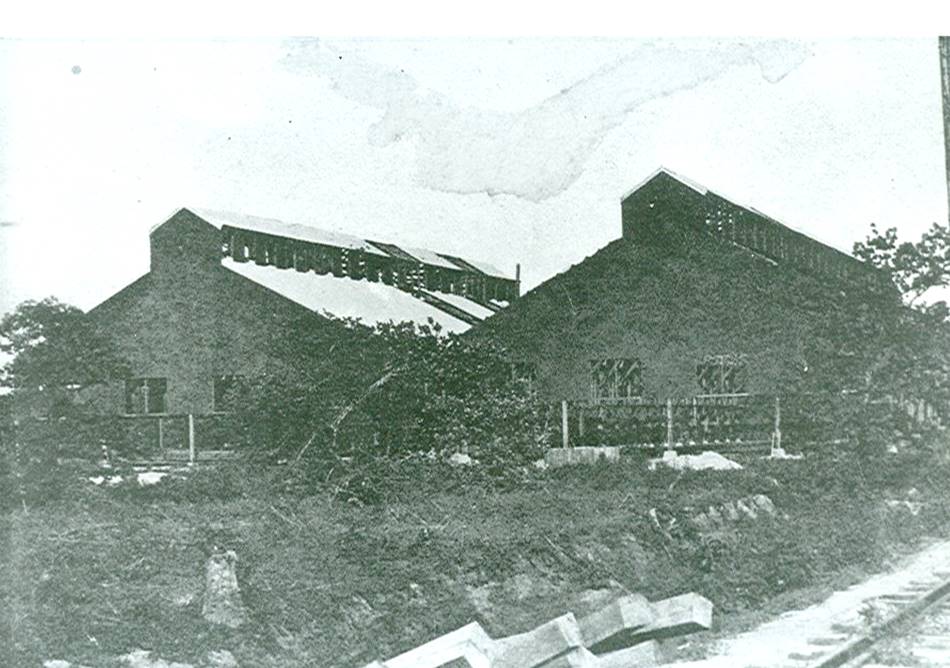
Prominent speakers from the joining cities and states ended the day. “One of the most important and most enjoyed speeches was delivered by FW Jacobs, who is running for the office of county judge. Mr. Jacobs’ talk dealt with the freeing of the [enslaved people] and what constitutes good citizenship.”
Other figures from Oklahoma City, Muskogee, and a Texan spoke at the affair. Although names were not given, their speeches were described as “flowery speeches on uplifting [humanity].”
In 1979, Texas was the first state to announce Juneteenth as an official holiday. In 2021, it was signed into law, establishing Juneteenth as a national holiday.

